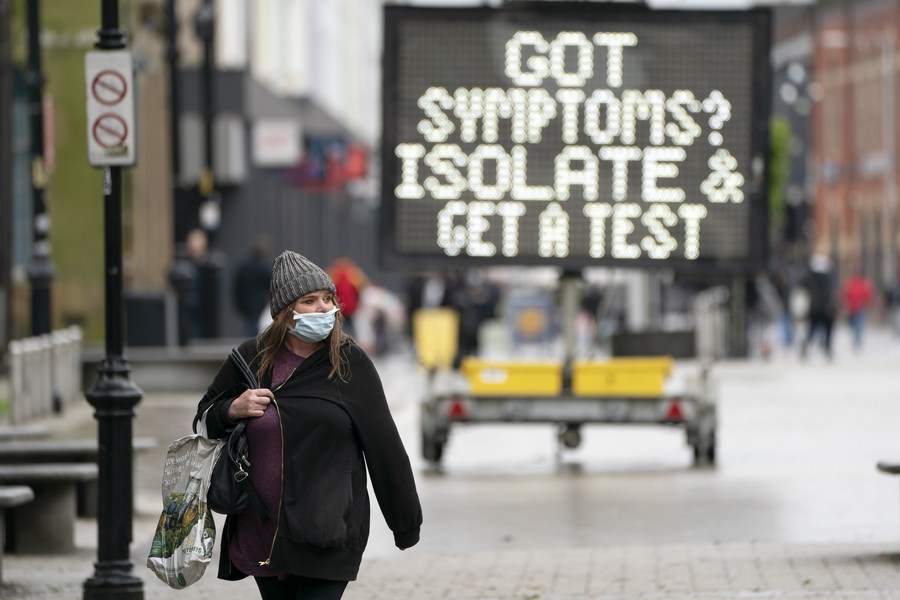Global health cooperation crucial for anti-COVID battle
- By George N. Tzogopoulos
 0 Comment(s)
0 Comment(s) Print
Print E-mail China.org.cn, May 26, 2021
E-mail China.org.cn, May 26, 2021

On May 21, the leaders of the Group of Twenty (G20) issued a joint declaration at the close of the Global Health Summit aimed at coordinating their efforts against the COVID-19 pandemic. Multilateral cooperation remains the cornerstone that can facilitate compliance with the International Health Regulations of 2005, the better use of the Access to COVID-19 Tools (ACT) accelerator, the strengthening of COVAX and the implementation of the UN Sustainable Development Goals. If the words of the Rome Declaration are followed by deeds, valuable time will be gained in the global fight against the virus. In spite of existing optimism generated by the discovery and distribution of vaccines, the fight is still ongoing, and certainly not yet won.
The Global Health Summit came at a time when the most serious pandemic in a century is still wreaking havoc. While China has managed to drastically reduce the number of COVID-19 cases, it allows no domestic complacency. Imported cases are still reported and require careful monitoring to prevent contagions in larger parts of the population. On the whole, the Chinese administration has prioritized the health of its citizens over the operation of industries and the preservation of standard economic activities by taking strict measures in January 2020 and adopting similar policies when required throughout the course of the pandemic. This has proven to be the best remedy not only to protect ordinary people but also to secure a quick and safe return to normalcy. China was the only major economy in the world to return to growth in 2020, and is currently witnessing a stable recovery.
The Chinese government has addressed difficult domestic challenges exacerbated by COVID-19. Although it announced the eradication of absolute poverty in rural areas last February, a prudent approach calculates the cost of new social policies to avert possible setbacks. The risk of social imbalances will become higher as long as the pandemic persists. The continuous improvement of living standards cannot be taken for granted under extreme circumstances.
China's international role is informed by its internal self-knowledge and its external sense of responsibility. Inequalities are the symptom of the pandemic across the globe. This is occurring in both developed and developing economies – but the latter suffer more. At the Global Health Forum, China reiterated its commitment to providing economic aid, medical assistance and vaccines to the international community. Among other things, the country proposed to set up an international forum on vaccine cooperation to explore "ways of promoting fair and equitable distribution." The immunization gap is currently an unpleasant element of rising inequality.
The international community and citizens of the world will not overcome the COVID-19 drama by adding political characteristics to it. Only actions matter to the families who have experienced losses, hospitalization, unemployment, and poor access to medicine, vaccines, and even food. Over the next few months, we will discover if the basic goods of health and prosperity can unite the world's politicians, even at this late but critical stage of the pandemic. The policy of China, in this regard, is clear and remains consistent.
George N. Tzogopoulos is a columnist with China.org.cn. For more information please visit:
http://www.keyanhelp.cn/opinion/GeorgeNTzogopoulos.htm
Opinion articles reflect the views of their authors, not necessarily those of China.org.cn.
If you would like to contribute, please contact us at opinion@china.org.cn.





